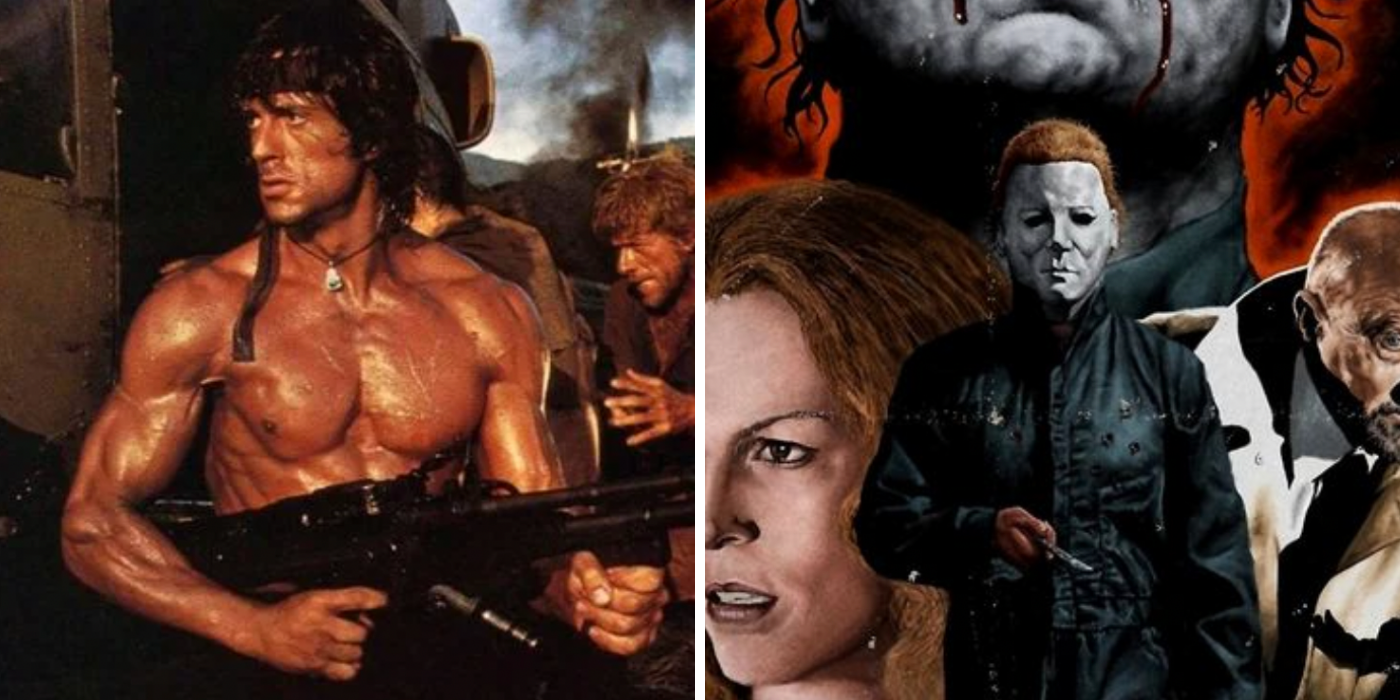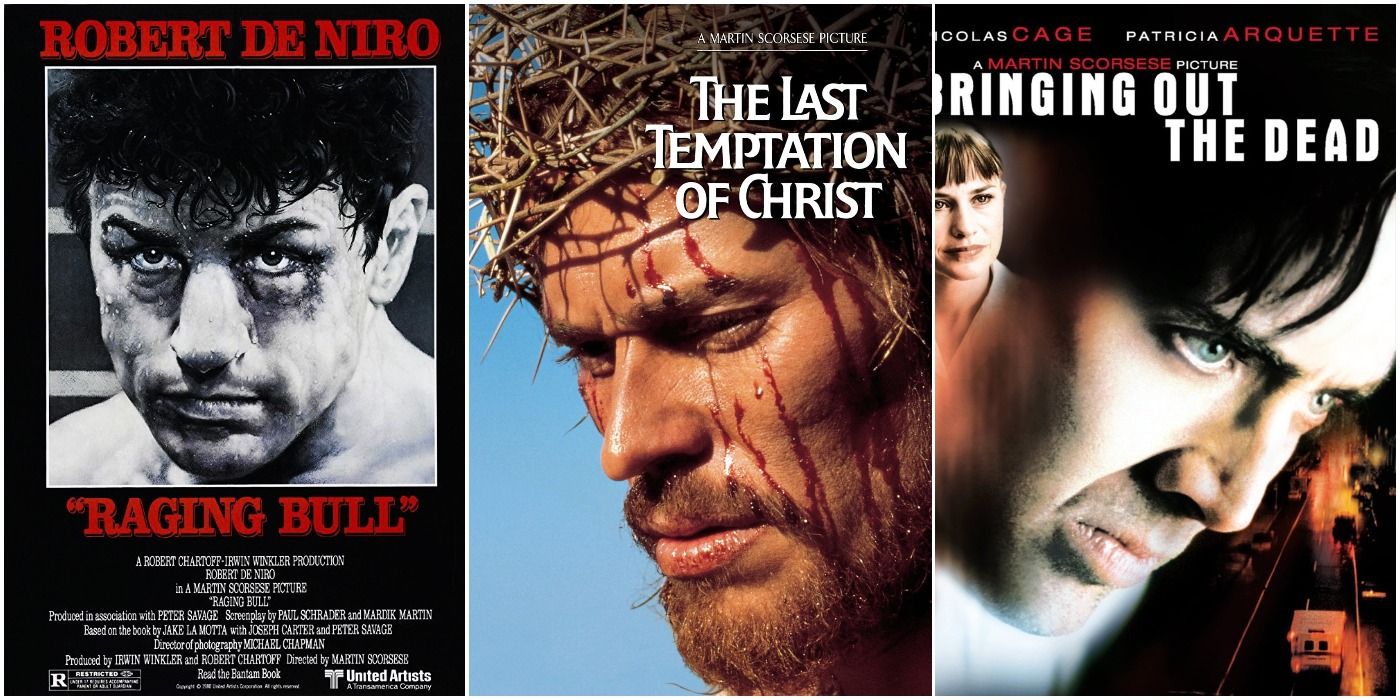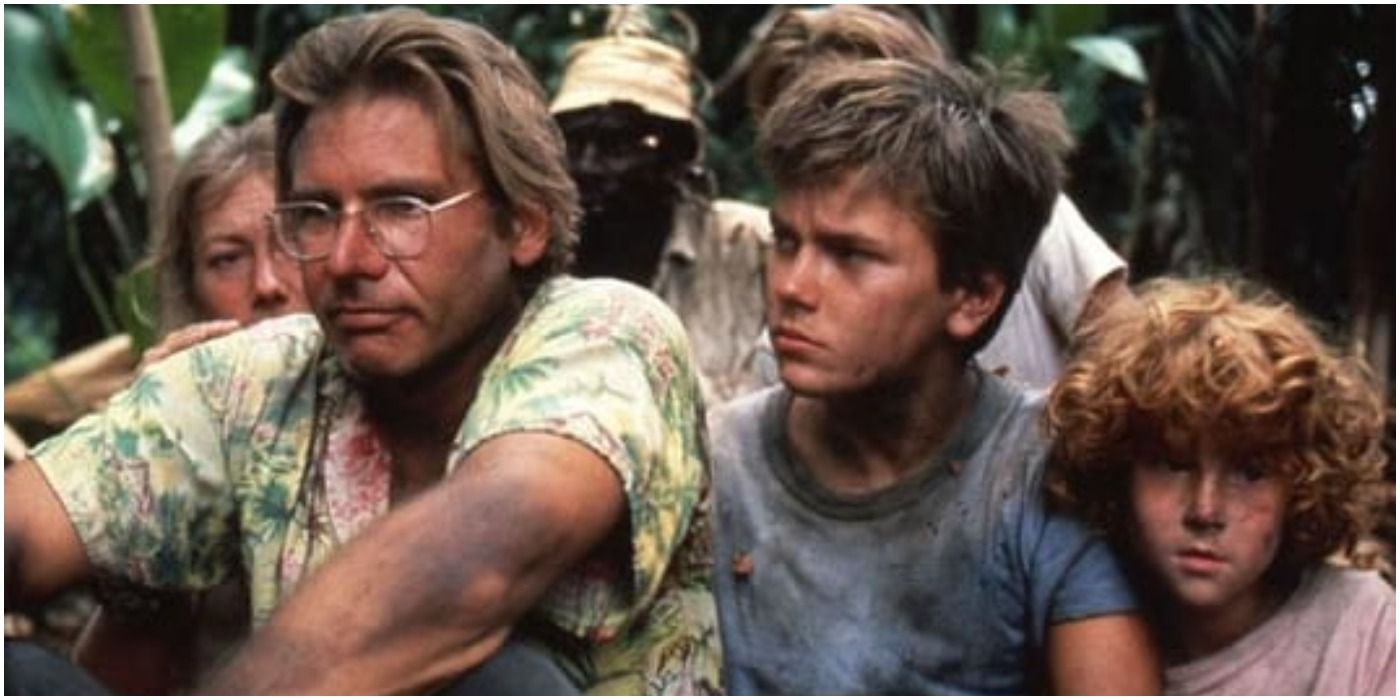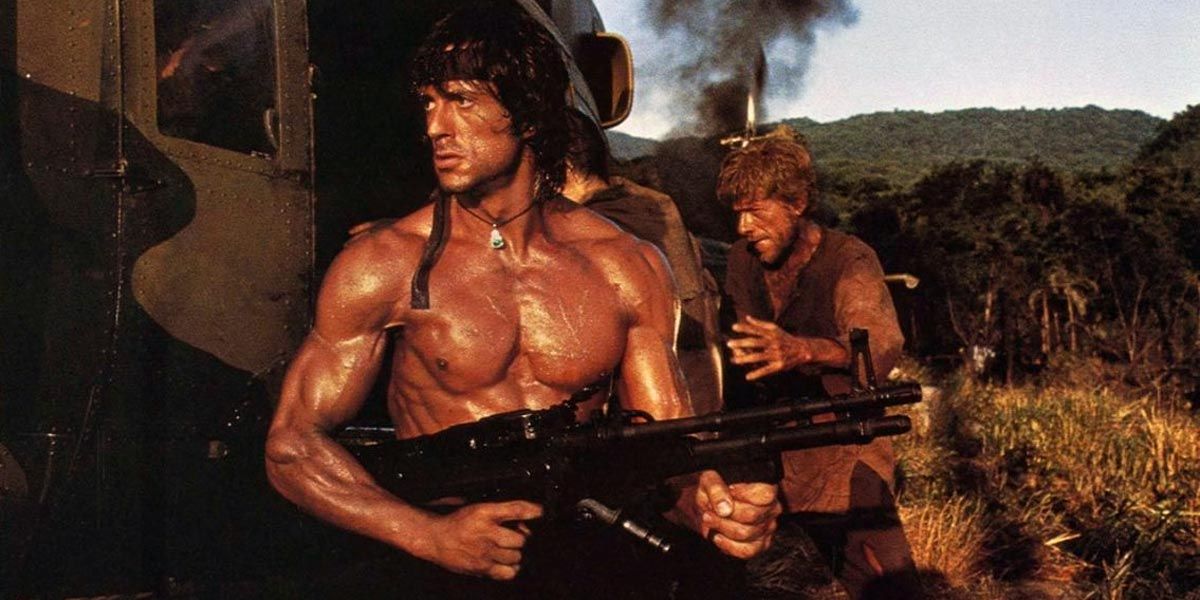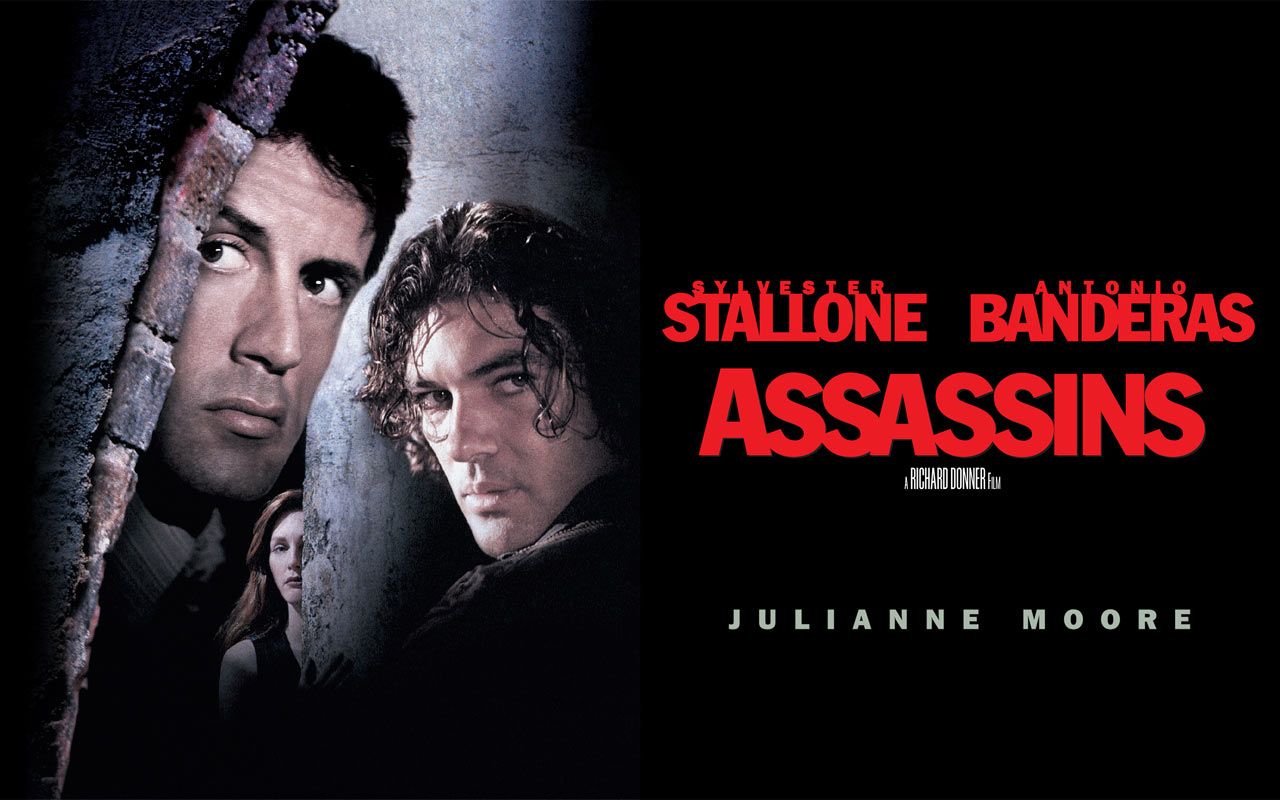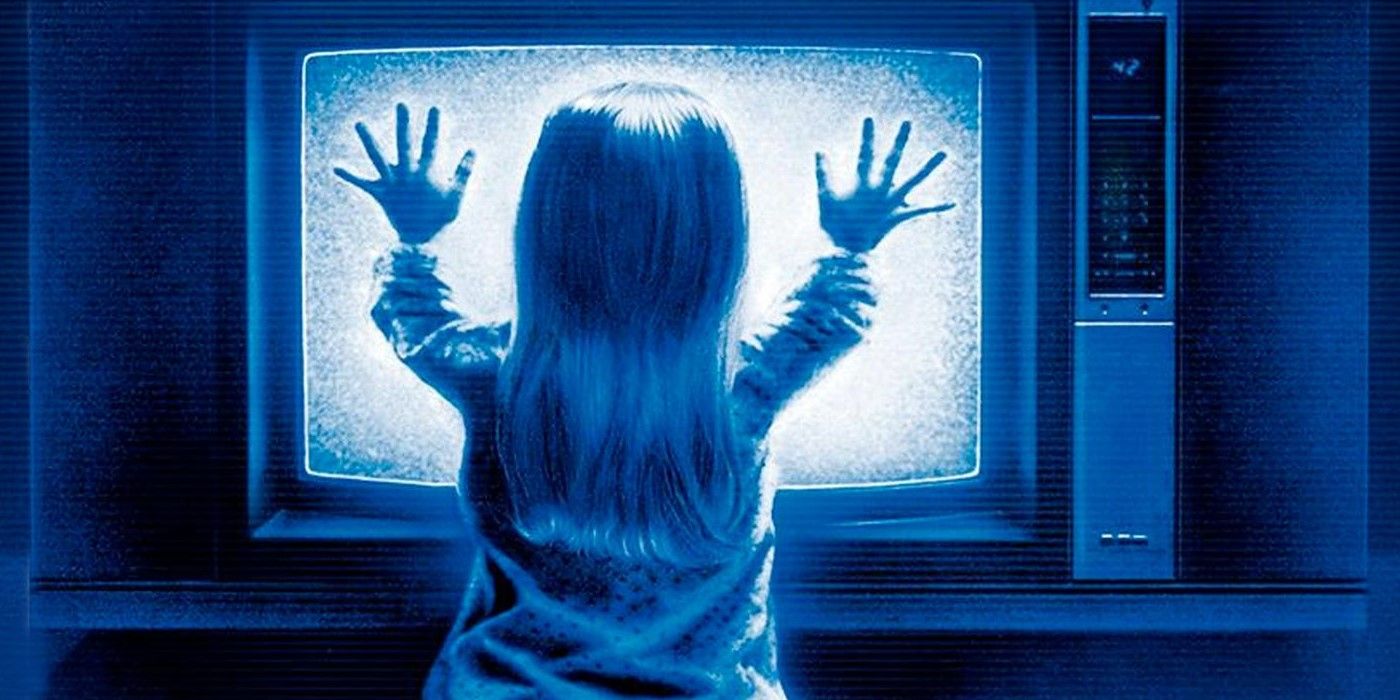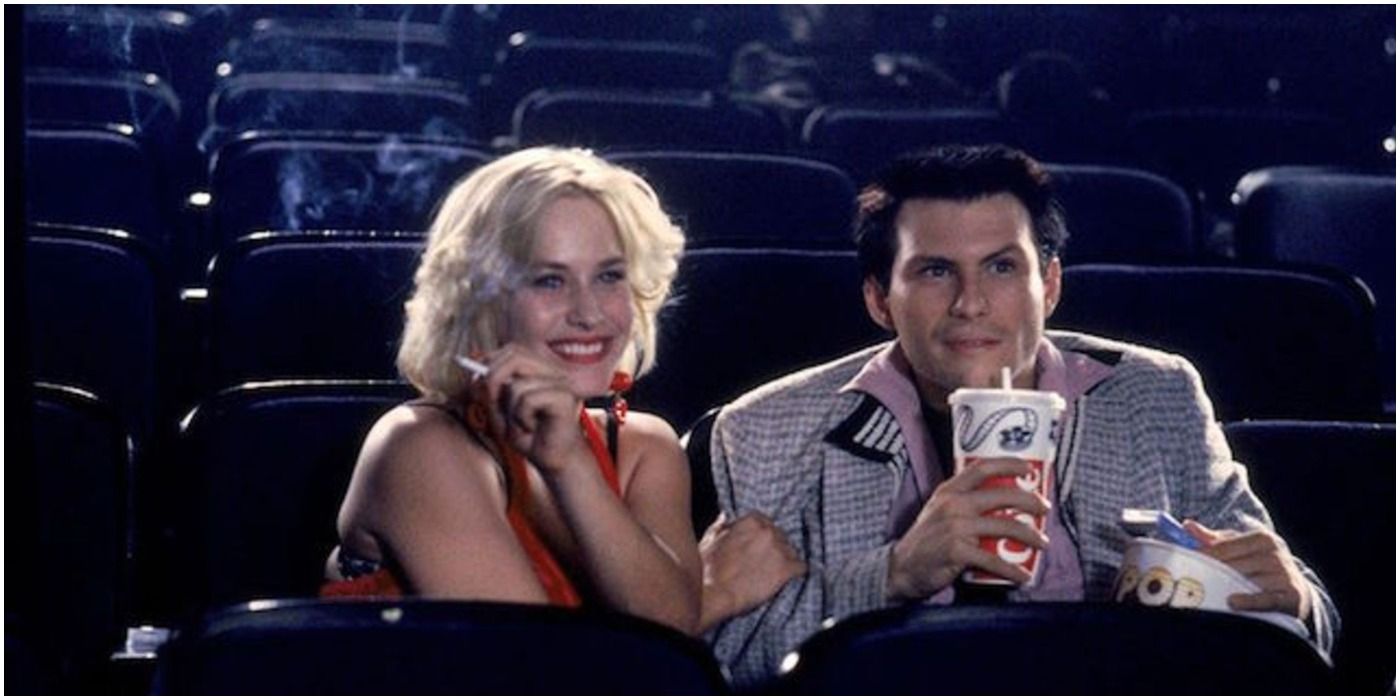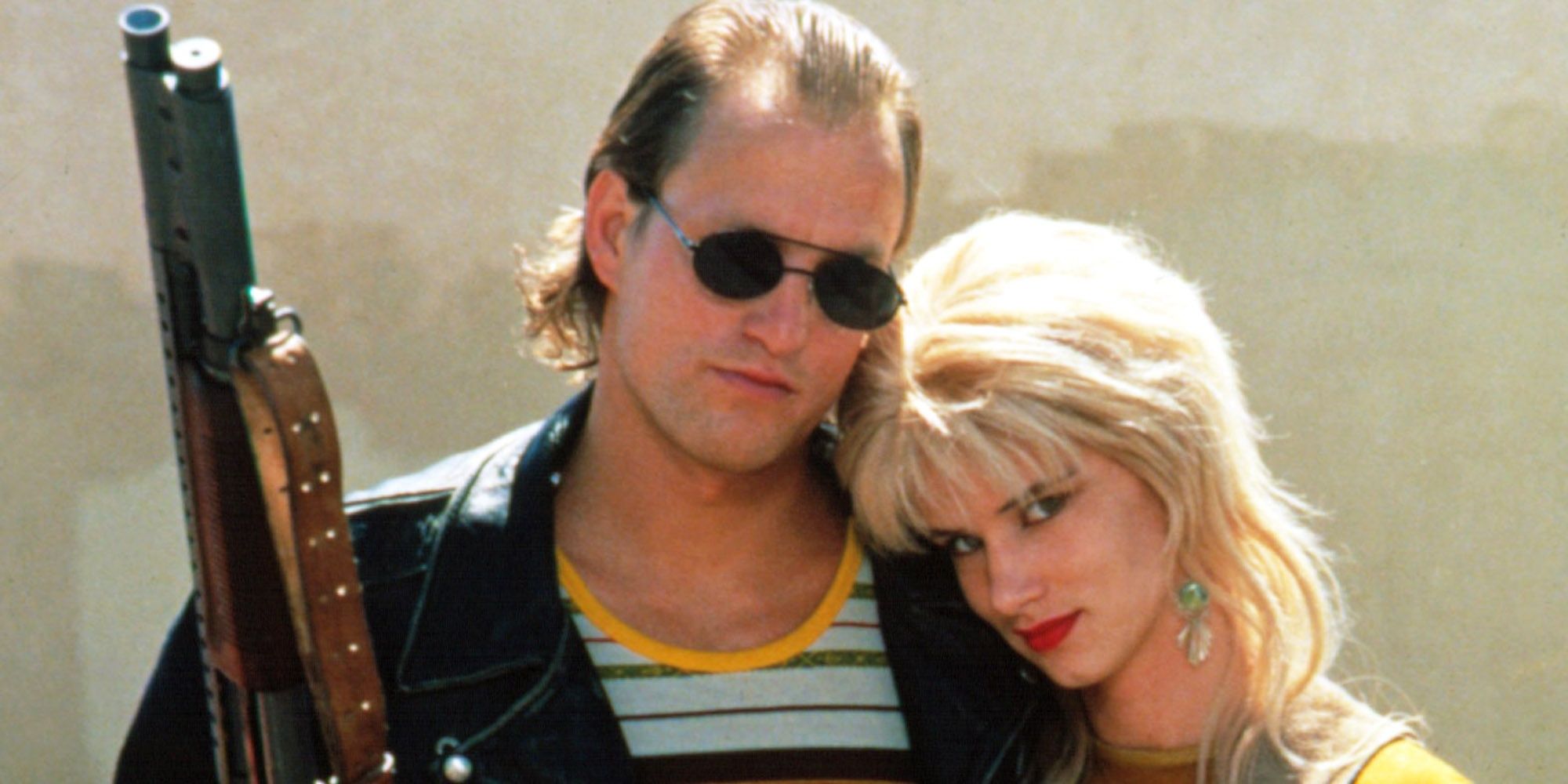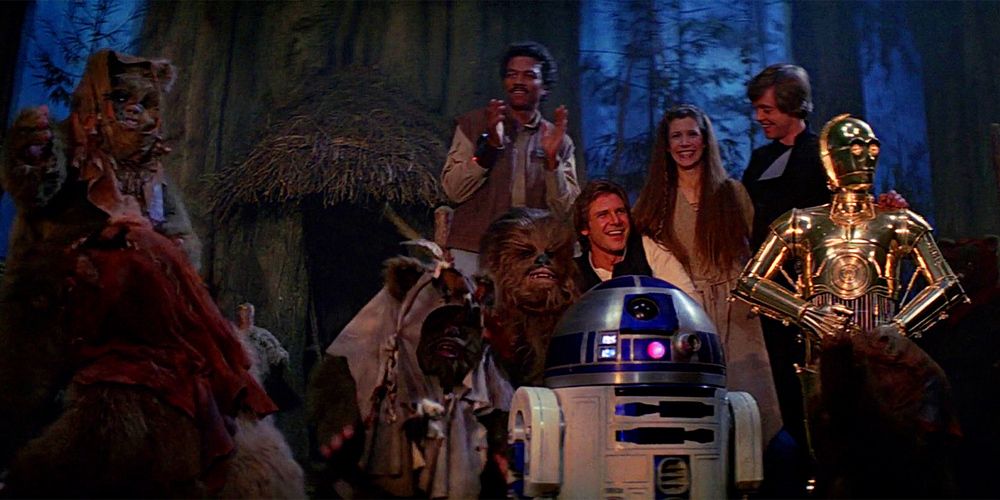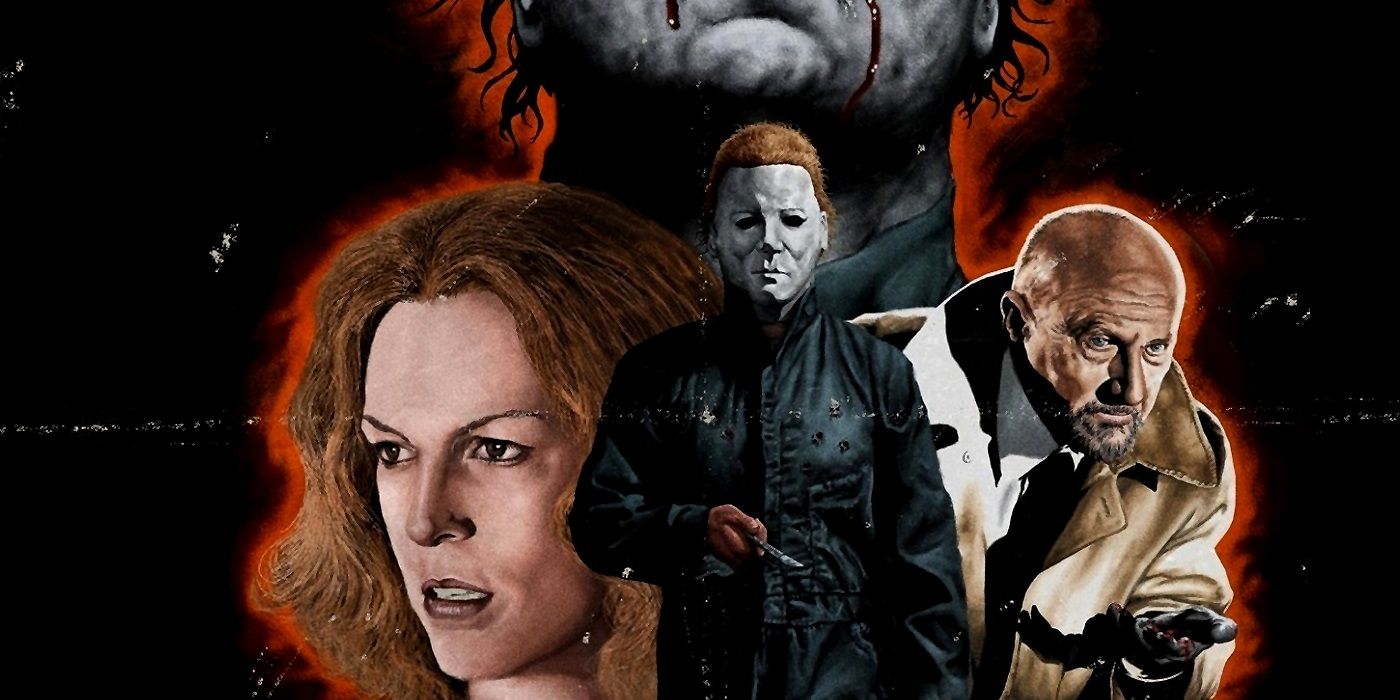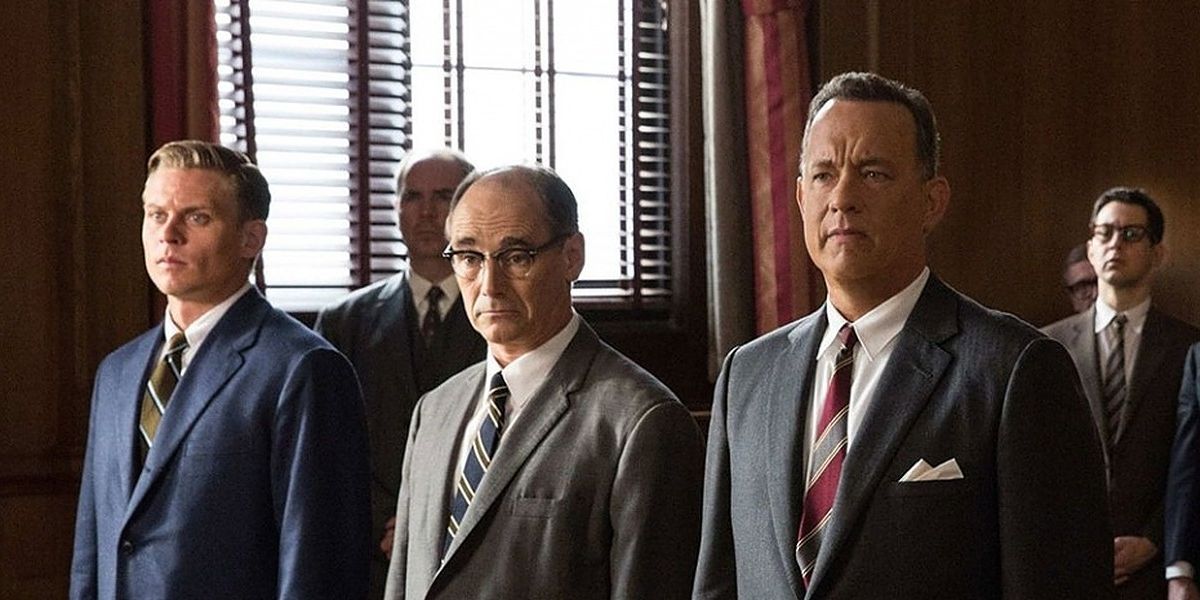For as many Hollywood creatives who only either direct or write, there are just as many who pull double duty as director and screenwriter. Their career and talent may be farther on one side of the pendulum than the other, but it's still common practice. However, this doesn't mean that they always fill both roles for every project they're involved in.
There are many films where at least one of the credited screenwriters was a director themselves, but they did not direct the film in question.
10 Martin Scorsese Has Directed Four Paul Schrader Screenplays
Both Martin Scorsese and Paul Schrader are directors of the New Hollywood, but whereas Scorsese started in hands-on filmmaking, Schrader came up in academia and criticism under the wing of Pauline Kael. Their first collaboration, 1976's Taxi Driver, was appropriately directed by Scorsese and written by Schrader. Scorsese's fifth film and Schrader's second, Taxi Driver was the shot in the arm both careers needed.
By the time they reunited on Raging Bull in 1980, Schrader had become a director, debuting in 1978 with Blue Collar. The two have worked together twice more; in 1988, on a transcendent adaptation of The Last Temptation Of Christ and then in 1999 on Bringing Out The Dead. Like Taxi Driver, Bringing Out The Dead is about an insomniac's journey through New York City. It's thus a fitting conclusion for Scorsese and Schrader's partnership, a partnership that includes some of the best work of both their careers.
9 Schrader Also Wrote For Peter Weir On The Mosquito Coast
Scorsese isn't the only director who Schrader has teamed with. In 1986, Schrader wrote a screenplay adapting Paul Theroux's novel The Mosquito Coast, following eccentric and stubborn inventor Allie Fox who moves his family to Central America, dooming them in the process.
Though he had five films under his belt at this point, Schrader did not direct the script; instead, Australian director Peter Weir did. For Allie Fox, Weir cast Harrison Ford, who he'd worked with the previous year on Witness. Though the role was certainly playing against type, Ford defends the film to this day as one of the best he's ever starred in.
8 James Cameron Wrote Rambo: First Blood Part II
James Cameron is the best and most important action director of his generation. His influence even extends outside the films he's directed. In 1985, he co-wrote the script for the awkwardly titled Rambo: First Blood Part II alongside star Sylvester Stallone; George P. Cosmatos directed their script.
Though the film isn't in the same league quality-wise as Cameron's directed films, its influence can't be denied. It's the film that turned the Rambo series into an action franchise fueled by testosterone and xenophobia, and which made Stallone into an action star.
7 The Wachowski Sisters & Brian Helgeland Wrote Assassins, Directed By Richard Donner
The only thing anyone remembers from Assassins is the scene of Miguel Bain (Antonio Banderas) leaning back in excitement from his laptop; since the dawn of social media, the moment has been immortalized in GIF form. The film certainly wasn't lacking in talent, both in front and behind the camera.
The script was originally written by Lana and Lilly Wachowski, but when picked up, Brian Helgeland rewrote the script into a standard action vehicle. The result, directed by Richard Donner, was panned and forgotten, including by the Wachowskis themselves.
6 Steven Spielberg Ceded Direction Of Poltergeist To Tobe Hooper
Poltergeist was born of an unrealized Steven Spielberg project titled Night Skies. The film, about a family terrorized by aliens, was split into E.T. and Poltergeist. Thanks to contractual issues, Spielberg only directed the former; though Spielberg was still credited as writer and producer, Poltergeist was directed by Tobe Hooper, a horror specialist best known for The Texas Chainsaw Massacre.
A long-standing urban legend is that Hooper was merely a ghost director for Spielberg, but others have defended Hooper from this charge.
5 Quentin Tarantino Scripted True Romance, Tony Scott Directed It
It can be surprising that a director as idiosyncratic as Quentin Tarantino ever let one of his screenplays be made by someone else. However, that's what happened in 1993 with True Romance, a Tony Scott film based on a spec script written by Tarantino.
Indeed, without True Romance, Tarantino may never have made it as a director; he funded his debut Reservoir Dogs with the sale of the True Romance script, even if production time meant Reservoir Dogs released first.
4 Tarantino Likewise Wrote Oliver Stone's Natural Born Killers
The second script Tarantino sold became Oliver Stone's Natural Born Killers. Unlike True Romance, however, the script was heavily revised by Stone, Richard Rutowski, and David Veloz.
Tarantino received only a story credit and since gone on record to disown the film. For those curious for more juicy if dubious details, the production of the film is chronicled in the tell-all memoir "Killer Instinct" by producer Jane Hamsher.
3 George Lucas Has A Writer's Credit On Return Of The Jedi, But Richard Marquand Directed
Star Wars is George Lucas' baby through-and-through, even if there were plenty of other cooks in the kitchen who helped make the trilogy into the classic it is today. Indeed, the only one of the original films which Lucas directed is the original, eponymous 1977 film. After a very stressful production, he stepped back a bit for The Empire Strikes Back to let Irvin Kershner direct; on Empire, Lucas has only a story and producer's credit.
Lucas was more hands-on with the trilogy capper, Return Of The Jedi, evidenced by his screenplay credit. Even still, the credited director of the movie is Richard Marquand.
2 John Carpenter Ceded Director Duties On Halloween II To Rick Rosenthal
It's well known that John Carpenter intended Halloween to be an anthology series, yet the immediate success of the first film demanded a more direct sequel. While Carpenter turned down the chance to direct, he handpicked his replacement Rick Rosenthal (after his original choice, Halloween art director Tommy Lee Wallace, declined) and wrote the screenplay with his partner (in writing and otherwise) Debra Hill.
Carpenter's script includes the infamous twist that Laurie Strode is Michael Myers' long-lost sister; Carpenter has said he went with this idea to push past writer's block yet regrets it all the same.
1 The Coen Brothers Touched Up Spielberg's Bridge Of Spies
Joel and Ethan Coen are as precise and meticulous about filmmaking as directors can be. Occasionally, some of their scripts have fallen into the hands of other filmmakers, from Michael Hoffman's Gambit to George Clooney's Suburbicon—usually not with good results.
However, they also served as co-writers for Steven Spielberg's Bridge Of Spies alongside Matt Charman; this endeavor won the brothers an Oscar nomination for Best Original Screenplay.

